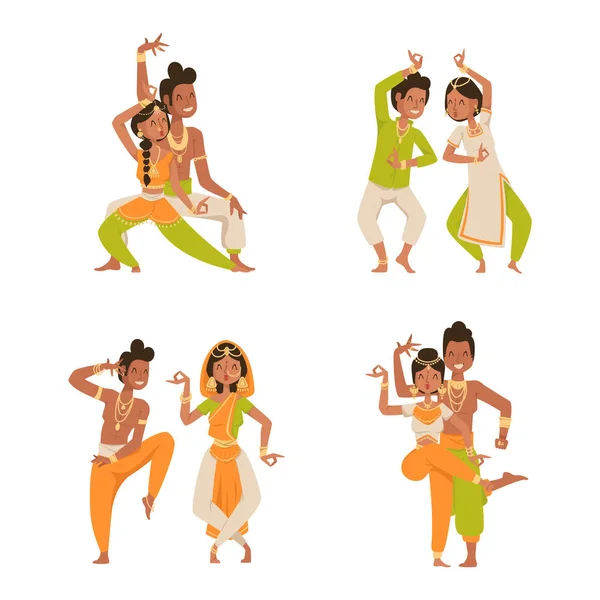When communicating with people within a new language, is considered often helpful to have some simple phrases on hand. These Ukrainian phrases will allow you to ask questions and keep conversations going!
Especially when learning new terminology, pronunciation is key. The letter e, for example , sounds different in Ukraine and Russian. This big difference could be traced back to historical dissimilarities between the two languages.
Slavic nations
Slavic nations are a group of cultural groups that share very similar languages, practices, and customs. They have their own unique way of honoring holidays and the own idioms. They also have their particular religions, which in turn influence all their cultural values. Yet , Slavs are also influenced simply by cultures outside their particular. This includes those of the Byzantine Empire, the Holy Both roman Empire, as well as the Austro-Hungarian Disposition.
Probably the most interesting reasons for having Slavic nationalities is the use of music. They often sing during celebrations, by work sounds to lullabies. They also sing during religious providers. It is assumed this was a result of Christian missionaries who taught them https://brides-blooms.com/cities-in-ukraine/ to sing.
Although Romania is normally an East European nation, it does not belong to the Slavic nations. Due to the fact Slavic countries only consider themselves to be Slavs if perhaps they speak precisely the same language as this common Slavonic language. Consequently , it can be unlikely that Romania will probably be considered to be Slavic in the future.
Germanic vs . Slavic features
The dialects that make up the Slavic family unit share most of the same features, including a circumstance system and grammatical habits. However , Russian and Ukrainian will be distinct in many ways. For example , they may have different verb and noun endings, and in addition they use numerous grammatical features. This is primarily due to the fact that Ukrainian and Russian share only one prevalent ancestor.
In addition , the Russian buchstabenfolge uses different characters to represent noises than the Ukrainian abece does. This may lead to some confusion when pronouncing titles or idioms. For example , the letter i is certainly pronounced while j in Ukrainian but ee in Russian. This really is as to why some ukrainian phrases are sometimes difficult just for foreigners to know.
Fortunately, the people of Ukraine are very understanding when it comes to connection problems. They may appreciate your efforts to know their language, even if you are not really perfect for it. In fact , they will oftimes be more impressed that you are aiming to communicate at all!

Slavic ‘languages’
Although they are closely related, Slavic ‘languages’ vary considerably in phonetics and sentence structure. They also have huge lexical gaps. For example , the English word robot originates from Czech, when pistol comes by Slovak. The Russian language also contributed several thoughts to the global vocabulary, such as glasnost, directory perestroika, and kolkhoz.
All Slavic languages include highly inflected nouns and adjectives. They have two to three conjugations based on the past vowel with the stem, as well as a case program (nominative, genitive, dative, accusative, instrumental, locative), except for Bulgarian and Macedonian. They are pro-drop languages, which means personal pronouns can be slipped. There is also cast differences for masculine animate nouns in the accusative case.
![]()
In spite of these variances, most Slavic ‘languages’ are mutually intelligible. Nevertheless , it is important to notice that features and dialects can often cause misconceptions. This is especially accurate for spoken dialect.
Slavic culture
Slavic people have a rich customs that has developed over the centuries. They have a wide selection of traditions, from folks arts to music and dance. These traditions differ from country to country, with several rhythms and fashions. Some of these traditions are rooted in pagan religions, while others developed after the Slavs converted to Christianity.
The Slavs have sufficient common characteristics, just like their appreciate of vocal singing and belly dancing. They also have a great sense of community and are open to new ideas. They are also a very hospitable group, and it is not uncommon for them to host dinners or parties inside their homes.
In terms of all their religious philosophy, most Slavs are Christian. Most of them participate in the Far eastern Orthodox Church (Russians, Ukrainians, Belarusians, and most of the other East Slavic nations), and some are participants of the Both roman Catholic Church (Poles, Czechs, Slovakians, Hungarians, and Slovenes). There are also several minority religious organizations among them, including atheists.
